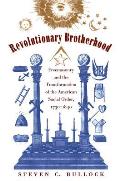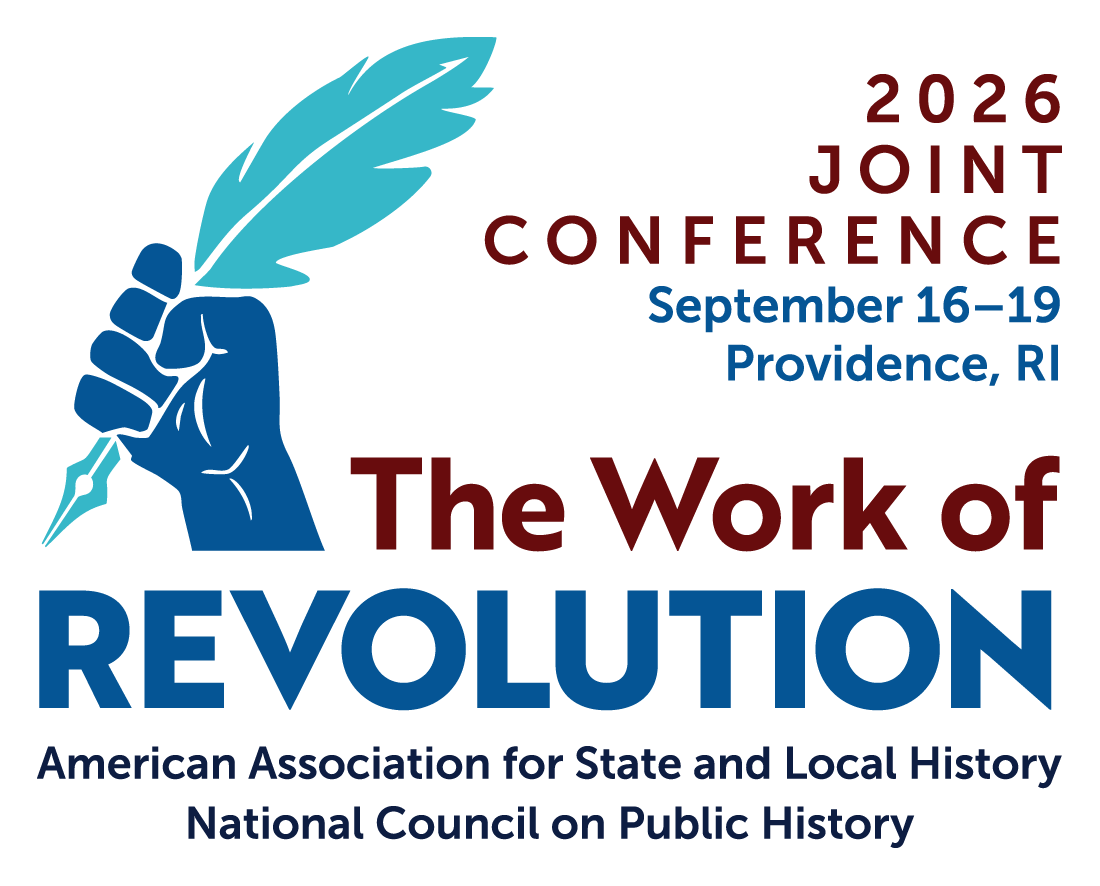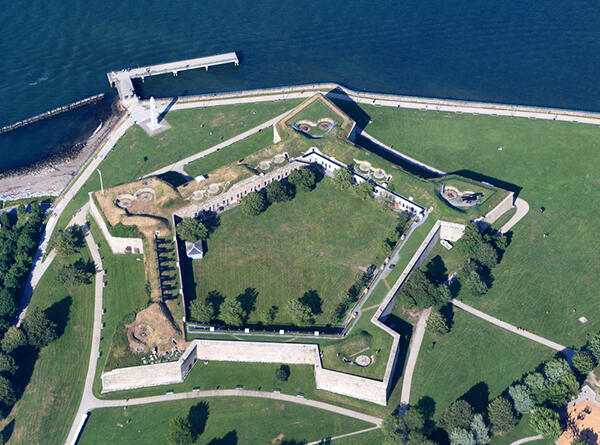“Never made the least attempt to shake off the authority of Great-Britain”
Madden wasn’t the only eighteenth-century author to imagine a future George VI, however.
In 1763 the London printer William Nicoll published The Reign of George VI, its author anonymous. It’s scanned here.
This book discusses the years 1900–1925. It praises the future fictional George VI (not the real one who took the throne in 1936) based on ideas in The Patriot King (1749) by Viscount Bolingbroke and thoughts of where the British Empire might go after victory over the French.
The Reign of George VI says interesting things about the British territories across the Atlantic Ocean:
But the immense region of country which the English possessed in North America, was what most extended and forwarded the British manufactures; the King was there Sovereign of a tract of much greater extent than all Europe:On the one hand, the author contemplated the chance that American colonists would “shake off the authority of Great-Britain.” On the other, he or she quickly dismissed the possibility that the American colonies could unite to do that or feel “forgot by the King”—a lesson for George III.
the constitution of the several divisions of that vast monarchy, was admirably designed to keep the whole in continual dependance on the mother country: there were eleven millions of souls in the British American dominions in the year 1920: they were in possession of, perhaps the finest country in the world, and yet had never made the least attempt to shake off the authority of Great-Britain:
indeed, the multiplicity of governments which prevailed over the whole country —— the various constitutions of them, rendered the execution of such a scheme absolutely impossible.
This wide extended region which increased its people so surprisingly fast, was far from being forgot by the King; many noble harbours were surrounded with towns, and made naval magazines; a prodigious number of ships were built by order, from Great-Britain; and the royal navy itself boasted many very fine ships that were built in America.
In 1899 the Oxford military historian Charles Oman edited and published a second edition of The Reign of George VI, and that in turn was reprinted in 1972. However, Oman’s text included “omissions, rearrangements of sentence order, repunctuation, and other silent variations from the original,” Fred Anderson wrote in his essay about the 1763 Treaty of Paris in The Making of Peace.
The original text of The Reign of George VI has since been printed in the first volume of British Future Fiction, 1700-1914. It occasionally gets mixed up with Madden’s earlier book, or he gets credited for this one.
In Invasions: Fears and Fantasies of Imagined Wars in Britain, 1871–1918, Christian K. Melby suggested that Oman’s republication of The Reign of George VI fed the craze for invasion literature that swept Britain in the early twentieth century. However, since that trend was already under way when the book resurfaced, the influence may have gone the other way—the Oxford scholar tripping across an old title that seemed to fit surprisingly well with modern concerns.












.JPG/320px-Wright's_Tavern_(Concord%2C_MA).JPG)


